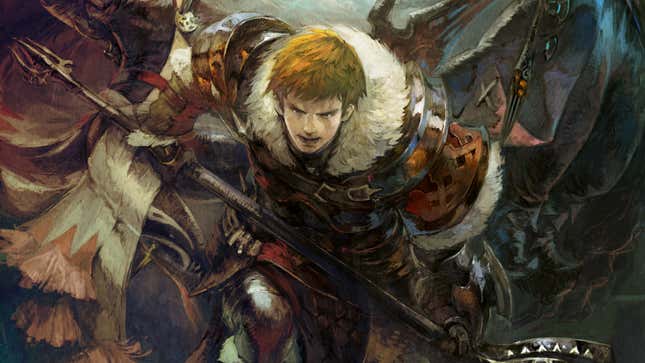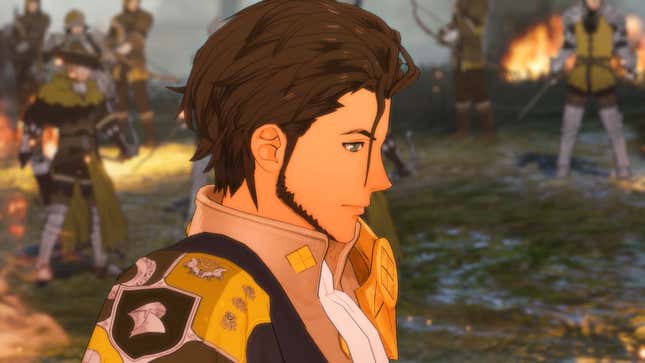
For most of my life, I never quite understood escapism. I knew how powerful video games could be, how seductive and wonderful their worlds were, but I never quite understood the idea of wanting to melt through the screen and leave the real world behind. After I’ve had string of rotten luck and high stress, among the most intense in my life, that has changed. I get it now. I get why folks want to fade away into the digital and why it can be so tempting to lose yourself elsewhere.
For example, I recently got very sick, and during that time, I buoyed myself with Final Fantasy XIV’s latest expansion, “Shadowbringers.” My reward was an RPG campaign that was one of the best I’ve played in a long time. That was my first real taste of how powerful it was to push real-life worries away with a game.
Sure, at previous times in my life, I’ve done this type of thing in small bursts. Played Counter-Strike when I was mad. Played Total War or strategy games when I needed to think a little. Then, this past weekend, during one of the hottest heat waves in New York City history, my apartment became unlivable. Temperatures rose to heights of 97 and 98 degrees, and I had to stay elsewhere. When I arrived in temporary homes, there were games. Fire Emblem: Three Houses, with its tangled tactical webs and charming characters, greeted me side by side with the friends who took me in. And I felt it, truly felt it for the first time: that desire to melt into the screen and leave everything behind. Goodbye Brooklyn. Hello, Eorzea. Hello, Fódlan.
I’ve always thought of escapism as a dirty thing, even irresponsible, and in some ways, I still do. It’s a temporary band-aid on a problem. A way to ignore, to mitigate, and arguably defer responsible action. One more match, one more level. Anything to avoid reality. Yet, as my body truly and genuinely failed me, as I traveled from doctor to doctor and fled my home due to the high heat, escapism made more sense. Sometimes, things just fall apart, and one of the ways that people can deal with that is to put buffers between us and the bullshit. Fight a boss and actually achieve victory, command an army and actually have some sense of control. Video games can offer us a very particular solace when everything is crumbling: they make us feel like we have power again.

In becoming a teacher at the Garreg Mach monastery in Fire Emblem: Three Houses, I regained some sense of agency. Even in a simulated space, in a far distant and fake world, that is intoxicating. And that’s what escapism is: an affirmation that you can have control, that you do matter, and that with some effort and trust, there is a path forward.
Of course, you can go in too deep. You can lock yourself in your room, play games and never turn around from your monitor to get back to solving the real-world issues that inspired your retreat into games. You can wade through dialog trees with fake people instead of having necessary conversations with real folks. There is always such a thing as too much. That’s why I didn’t see the value of escapism before. But I think now I can understand the ways that it can be healthy, at least in the short term. Sometimes, shit goes bad. Sometimes your body breaks down, your house isn’t safe, your mood dips low, and everything seems murky. Fuck it, go run your farm in Stardew Valley. Beat up Nazis in Wolfenstein.
Just make sure to come back again, I guess. Complete the quest, slay the whatever, solve the puzzle. Then come back and solve what you gotta do here.